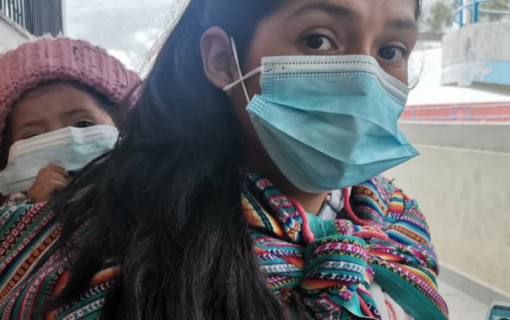Election Observation Mission; Honduras General Elections, Nov 25, 2001, Final Report
EXECUTIVE SUMMARY
On November 25, 2001, Honduras celebrated its sixth general elections since its return to a democratic system of government in 1980. The 2001 elections took place in a peaceful atmosphere, demonstrating the continuing maturation of the country's democracy. Hondurans elected the President of the Republic, 128 Deputies to the National Congress, 2,446 municipal leaders nationwide, and 20 representatives to the Central American Parliament. The presidential candidate for the National Party, Ricardo Maduro, was proclaimed winner with 52.21 percent of the vote, with Rafael Pineda Ponce of the Liberal Party in second place with 44.26 percent.
Financed by the United States Agency for International Development (US AID), the International Foundation for Election Systems (IFES) developed and implemented an international election observation program to Honduras that began with two pre-election missions in mid-October 2001 and early November in preparation for the general elections observation.
The IFES pre-election missions highlighted important improvements made in recent years to Honduras' electoral and broader democratic systems. These include separation of the ballots for the presidency, legislators and municipal leaders in order to reduce straight party-line voting. Honduras also progressively increased the number of polling sites (known in Honduras as voto domiciliario), created a highly counterfeit-resistant new national identity card system (which serves as the voting credential) and begun a pilot program to allow citizens living abroad to vote. Most leaders with whom the IFES delegations met expressed conviction that the electoral process included sufficient safeguards to make serious fraud or manipulation unlikely. It was also reassuring that questions about whether Maduro is a Honduran-born citizen (a requirement to register as a candidate) were resolved with relatively little public disorder. Lingering controversy about Maduro's eligibility to run nevertheless colored the entire electoral process, even after formal resolution of the matter in Maduro's favor via a constitutional interpretation issued by the National Congress. Despite the positive atmosphere, the IFES pre-election missions also revealed possible areas for future improvement.
After the pre-election visits, a 30-member IFES election observation mission arrived in Tegucigalpa four days prior to election day for briefings and training sessions. The day before the elections, the delegation divided into 15 teams of two and deployed to nine departments of the country. At their observation sites, the IFES teams prepared by meeting with local political party leaders, departmental and local elections tribunal representatives and other knowledgeable contacts. Throughout election day, the observation teams reported to the IFES central office in Tegucigalpa on what they saw at the more than 300 polling tables observed. This information contributed to the public statement IFES released the day after the elections.
Based on information gathered during the pre-election missions and observation of the electoral process, IFES commends the responsible democratic participation of the Honduran people, as well as the work done by the Honduran election authorities and all the actors involved in the electoral process. IFES also recommends that Hondurans continue efforts to strengthen their vibrant democracy. Recommendations include electoral reforms to reduce partisanship within the National Elections Tribunal (TNE), development of institutional strengthening programs to modernize the TNE, increasing training for poll-workers and reducing partisan influence in that function, and development of a comprehensive plan for citizen registration and distribution of ill cards.
Read the Full Report.









